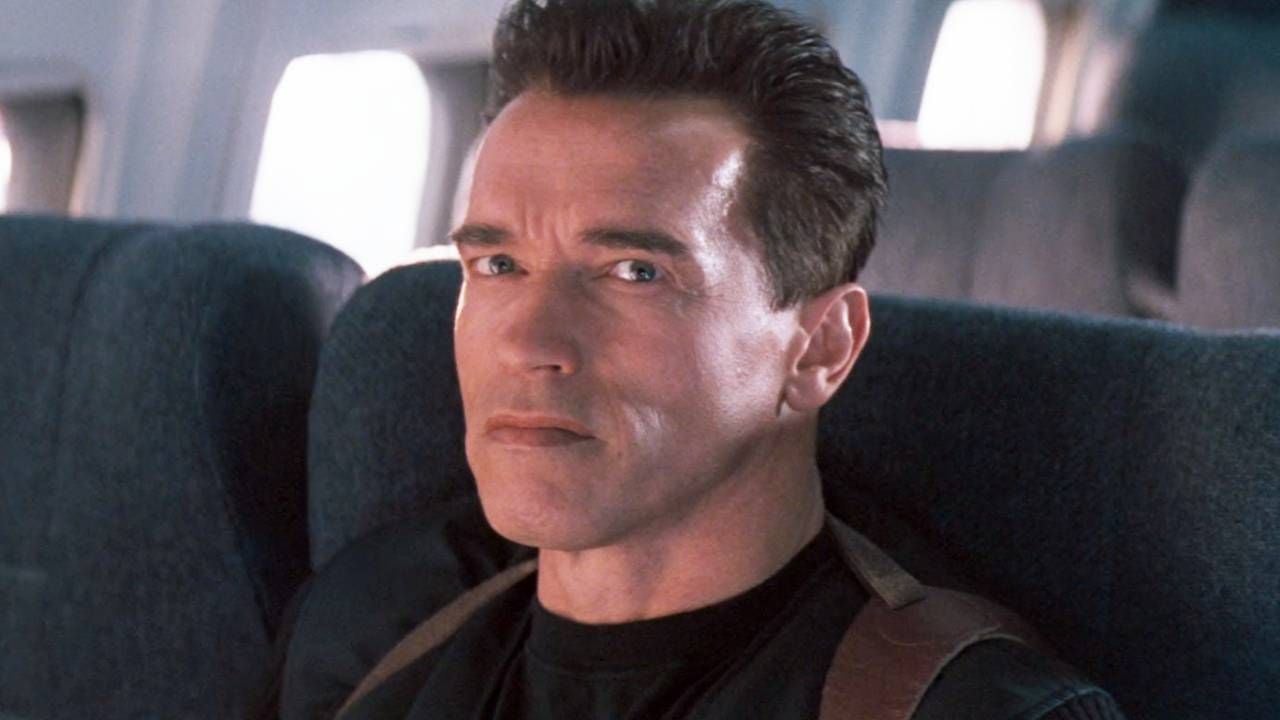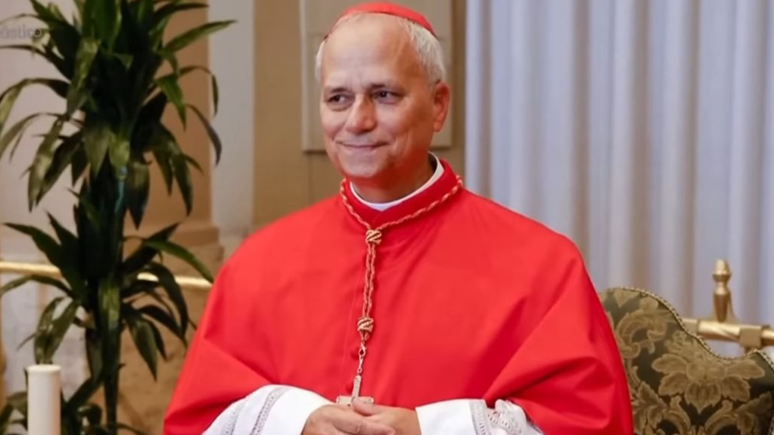Have you ever been curious about how a film is made or what happens behind the scenes of a film production? How about exploring a more creative and engaging approach to understanding all this, without just resorting to informational and technical materials?
Below, we present a list of the 10 best films that discuss or address the universe of cinema.
While not strictly technical documentaries, these films provide valuable insights into the creative process, the challenges faced by filmmakers, the dynamics between crew members, and even broader reflections on film culture and history.
Films about cinema
A critically acclaimed independent comedy, “Living in Abandono” is written and directed by Tom DiCillo and stars Steve Buscemi. The cast also includes Catherine Keener, Dermot Mulroney and Peter Dinklage (Tyrion Lannister, from “Game of Thrones”).
The film follows a director and his team who go through enormous difficulties while making a low-budget independent film. The work follows the accidents and various problems that happen on the set, from equipment malfunctions to conflicting egos and poor performance of the actors.


Released three years after the last film in the saga “A Nightmare on Elm Street 6 – Final Nightmare – The Death of Freddy”, “The New Nightmare” brings a very different approach. The film takes a metalinguistic and satirical approach to the franchise and horror films in general.
In the plot, actress Heather Langenkamp, who played Nancy Thompson in previous films of the series, plays herself. She finds herself forced to create a new sequence (created by Craven himself in the film) and is threatened by the imaginary Freddy Krueger, who invades the real world. Robert Englund also returns playing a version of himself and the fictional Freddy.

Directed by Robert Altman, “The Gambler” is a slightly acidic satire on the Hollywood film industry. The film features several references to the Hollywood industry and features numerous celebrities in special appearances.
The film stars Tim Robbins, who plays a studio executive who constantly faces stress and pressure after a series of box office flops.
However, things get even more complicated when he begins to suffer numerous anonymous threats and kills an aspiring screenwriter who he believes to be the author of the messages.

The musical “Singing in the Rain” is a cinema classic. Directed by Gene Kelly and Stanley Donen, the film stars Kelly himself, Donald O’Connor and Debbie Reynolds.
His story tells the transition from silent to sound cinema through a funny and satirical vision. In the plot, Don Lockwood (Kelly) and Lina Lamont (Jean Hagen) are two silent film stars who have difficulty making a musical due to Lina’s unpleasant voice.
However, a talented rookie actress (Reynolds) is called upon to lend her voice to the star.

Johnny Depp stars in this film about the eccentric director Edward D. Wood Jr., known artistically as Ed Wood. Recognized as the worst director of all time, Ed Wood ended up acquiring cult status and arousing public interest over the years.
Directed by Tim Burton, the film traces the life and passion of Ed Wood for film production, also exploring his relationship with the famous actor Bela Lugosi, played by Martin Landau, who won the Oscar for best supporting actor for this role.

Part of the so-called Koker trilogy, which includes the films “Where is my friend’s house?” (1987) and “EA Vida Continua” (1992), “Através das Oliveiras” has a special metalinguistic relationship with the latter.
A highly regarded film from cult director Abbas Kiarostami, the story follows the making of a film in a small town in northern Iran, explores a small scene from “And Life Goes On” and turns it into a central dramatic point.


Set in Los Angeles in the late 1960s, this film by Quentin Tarantino follows the rapidly changing landscape that the North American film industry was experiencing at the time: the last moments of the golden age for the so-called New Hollywood.
The story follows a dying TV actor (Leonardo DiCaprio) and his stunt double (Brad Pitt). The film also fictionalizes real events involving actress Sharon Tate (Margot Robbie), who was murdered by the Manson Family in real life.

Screenwriter Charlie Kaufman is known for his surreal and crazy stories. And in “Adaptação” he went far into metalanguage. Directed by Spike Jonze, Kaufman’s screenplay fictionalizes his difficulty in adapting Susan Orlean’s book “The Orchid Thief” to film.
Nicolas Cage plays two characters: a version of Charlie Kaufman himself, a screenwriter with low self-esteem and writer’s block, and his imaginary twin brother. The cast also includes Meryl Streep, Chris Cooper, Cara Seymour, Brian Cox, Tilda Swinton, Ron Livingston and Maggie Gyllenhaal.

Directed by the genius Jean-Luc Godard, “Contempt” is one of the most acclaimed works of the French New Wave. One of the film’s biggest highlights is its metafilmic approach, which sheds light on the direction.
The story follows a screenwriter (Michel Piccoli) hired to rewrite the screenplay of a film based on Homer’s Odyssey, directed by Fritz Lang (playing himself) and produced by an American billionaire (Jack Palance). However, the couple’s relationship disintegrates during production.

The famous François Truffaut directed this metafictional comedy about cinema. The film stars Jacqueline Bisset, Valentina Cortese, Jean-Pierre Aumont, Dani, Alexandra Stewart, Jean-Pierre Léaud and Truffaut himself, who plays a director.
The plot follows a film crew during the production of a melodrama. The film addresses the complexities and challenges faced in creating a film, including relationships between crew members, technical problems, pressures on production schedules, and unexpected events that occur on set.

The post Top 10 Movies About Cinema appeared first on Olhar Digital.
Source: Olhar Digital
Rose James is a Gossipify movie and series reviewer known for her in-depth analysis and unique perspective on the latest releases. With a background in film studies, she provides engaging and informative reviews, and keeps readers up to date with industry trends and emerging talents.







